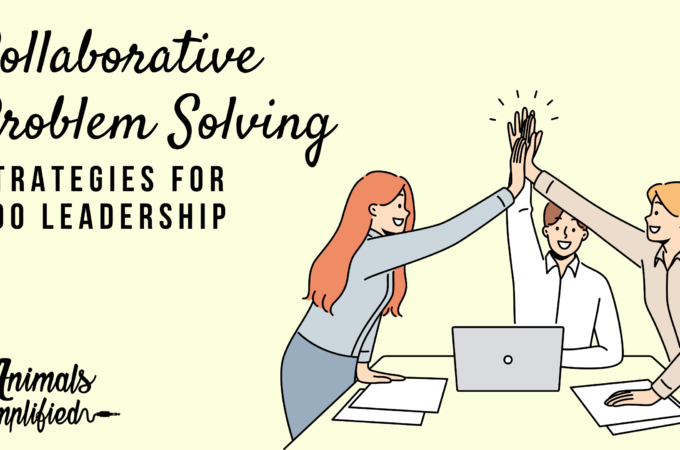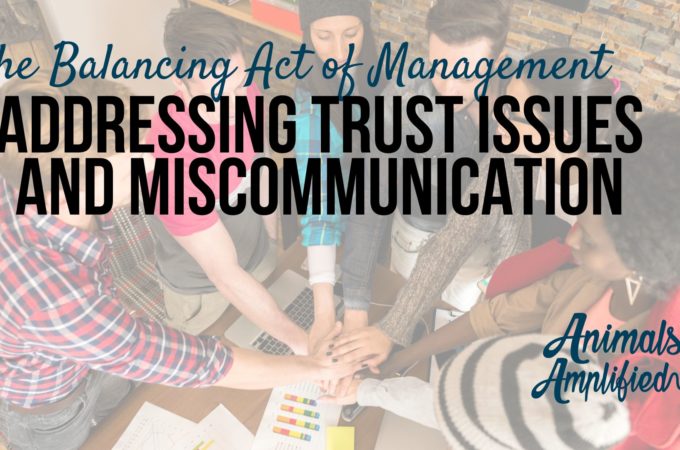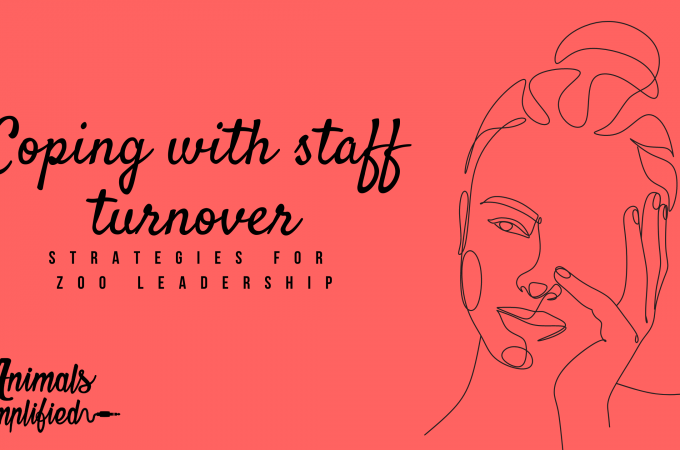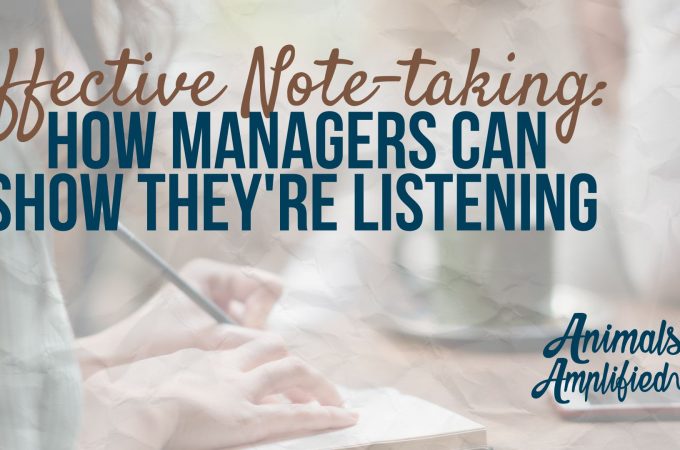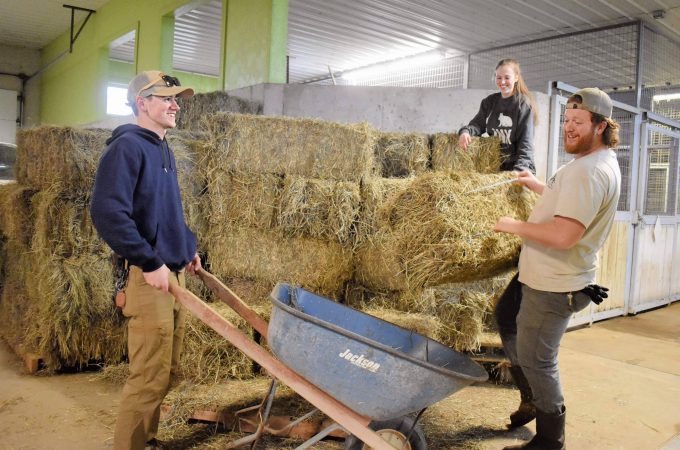
The Drama Triangle: How to get out
I’ve read two (well one and half…not quite finished with the second) great books recently.
Both of them discuss something called the Karpman drama triangle. This is a social model for how we interact with each other when we’re in conflict and it’s scary accurate.
It says when we’re faced with conflict we play one of three different roles.
- The victim: “Poor me, it’s hopeless. I’m helpless.” They can’t problem solve, make decisions, or enjoy life.
- The rescuer: “Let me help you.” They feel guilty if they don’t help but when they do they perpetuate the issues.
- The persecutor: “It’s all your fault.” They are controlling, blaming, and rigid.
I default to rescuer first for the people I love, I solve their problems for them (which doesn’t help them in the long run) and I feel their pain. I have empathy that keeps me up at night and I suffer under the “I’m not okay if you’re not okay” motto. I give them unsolicited advice, solicited advice, and other helpful lessons along the way. Then something flips.
I lose patience with the victim, I get frustrated and I become the persecutor. Rigid, unwavering, and without sympathy. I have zero tolerance for their issues, but I’m still up all night, mad at them for putting me in the situation to care.
So what should I do instead?
Well both books have great suggestions and they incorporate the solutions of the psychologists, so I feel like they’re pretty legit.
When you finding yourself the victim you need to work to play the role of the creator and accept your vulnerability. It’s okay to feel the way you’re feeling but you have to work to get creative and solve your own problems.
If you’re playing the rescuer role work to be a caring coach. Ask questions that might lead the victim to solve the problem themselves instead of you jumping in to solve for them. It’s okay to care and be compassionate, but don’t be an enabler.
Persecutors should work to be assertive and challenge the victim to help themselves but not resort to punishment and vengeful behavior. It’s okay to give some tough love but don’t make someone else feel like a failure by beating them down.
The Coaching Habit takes the stress out of development and growth. It gives you less than ten questions to ask, to lead learners to their own solutions. No more long conversations where you’re offering up all your advice, instead you’re just asking questions and guiding the person through their own self-discovery. Sounds like cheating, but we all know our own ideas and thoughts are easier to buy-in to and get behind. Trust me! Read the book!
Conflict Without Casualties describes conflict as the gap between where we are and what we want. Once you can get on board with that definition, it’s much easier to face conflict. We just need to have a conversation about how to bridge the gap. Conflict shouldn’t be scary or bad, just a problem to apply our creativity to and solve.
So step out of your role and in to a new one. It will be liberating.

